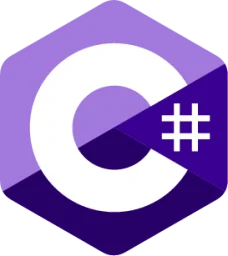
A First Look at Extension Members in C# 14
Apr 28, 2025
Categories: C#
A first look at C# 14's new extension members feature, which lets you extend types with methods, properties, and more using the new extension syntax.
Read
Choosing Optimal Collection Types for Public C# APIs
Apr 14, 2025
Categories: C#, Architecture
Learn how to safely expose collections in your C# library APIs without breaking compatibility or limiting extensibility
Read
How to Avoid Temporal Coupling in C# with IDisposable and the Using Keyword
Apr 7, 2025
Categories: C#
How to prevent temporal coupling in C# using IDisposable and the using keyword, ensuring operations are properly completed even when exceptions occur, and keeping the program in a valid state.
Read
Understanding Unity 6's RationalTime: Precision, Accuracy, and Use Cases
Mar 31, 2025
Categories: Unity
Unity 6's RationalTime improves precision by avoiding floating-point errors in time calculations. This post explores its benefits, use cases, and how it compares to floats and doubles in high-precision scenarios.
Read
Alternatives to Enums – Part 2: Advanced Enums Implementing Polymorphic Behavior with Custom Types
Mar 17, 2025
Categories: C#
Learn how to create enums in C# that support polymorphic behavior by using custom types instead of integers. Explore the trade-offs between compile-time safety, extensibility, and performance while implementing behavior-rich enumerations with private nested classes.
Read
Alternatives to Enums - Part 1: Strongly Typed Strings
Mar 10, 2025
Categories: C#
Enums in C# lack extensibility, making them difficult to expand in libraries. Strongly typed strings offer a flexible alternative, allowing new values without breaking existing code while improving readability and maintainability.
Read